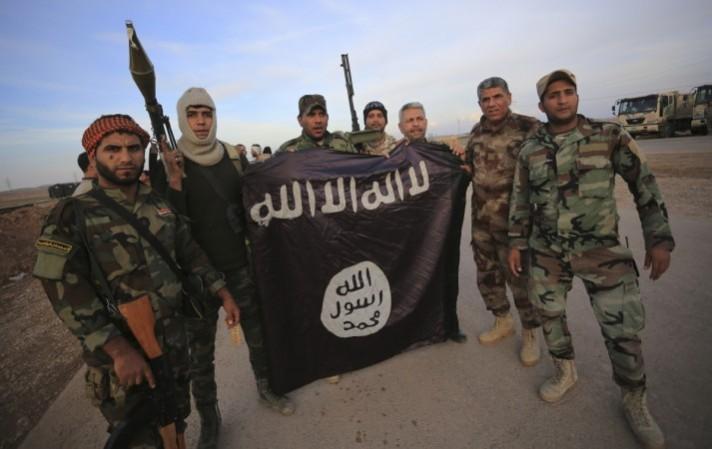
Pakistan has often been called a breeding ground for jihadists and militants. While the country has always denied such allegations and said that it intends to fight terror, it doesn't really seem to have acted on this promise. And now terror outfits in Pakistan are reportedly being enlisted by the Islamic State of Iraq and Syria (ISIS) to carry out attacks in the country.
In an article published on the website of Gatestone Institute, an international policy council and think tank in New York, Islamabad-based journalist Kaswar Klasra has said that ISIS will continue to carry out attacks, itself or through other outfits such as Lashkar-i-Jhangvi, Jamaat-ul-Ahrar and the Taliban, unless Pakistan takes them to task, reported ANI.
Klasra also said that Pakistan needs to increase its efforts to thwart these attacks in the country or the conflict will continue. He also explained that the minority Christian community may make up for just 2 percent of the country population, but they are the ones that face the highest risk from these terror outfits.
The expert also noted how Pakistan has witnessed several terror attacks in the last one and half years and out of these the ISIS had coordinated and claimed six attacks. The terror group had also claimed the December 17 Quetta attack, where a suicide bombing at a church left about nine people dead and over 50 critically injured.
Substantiating his claims, Klasra also said that it was just not him who thought that Pakistan's increased efforts in fighting terrorism would help in a lot of ways. He drew instances from Sarfraz Bugti, Balochistan's Home Minister, who after the Quetta attack had said that the death toll would have been much higher if the Pakistani security personnel had not acted as promptly as they did.
Klasra added that incidents like the Quetta attack will be a norm, until and unless Pakistan increases its efforts to eliminate terror outfits from its soil.
Meanwhile, this is not the first time it has been said that the ISIS has been "outsourcing" its attacks. As per a UN report, the terror group has been enlisting "partners of convenience" in Afghanistan and Pakistan, with an aim to gain a foothold in these regions. For this, it has also been competing with the Al-Qaeda, which has been the dominating group in the region.
"ISIL in Afghanistan tends to enlist partners of convenience and 'outsources' terrorist attacks to other groups such as Lashkar-i-Jhangvi, and Jamaat-ul-Ahrar, a Tehrik-e Taliban Pakistan splinter group," the Press Trust of India had quoted the UN report as saying.
Amid this, the Al-Qaeda and its subsidiaries continue to remain active here. "By embedding itself within the Taliban movement, the Al-Qaeda core also aims to maintain local bases of influence as a part of the wider Afghan insurgency and receives operational support from the Taliban for its regional affiliate, Al-Qaeda in the Indian Subcontinent (AQIS)," the report added.

















